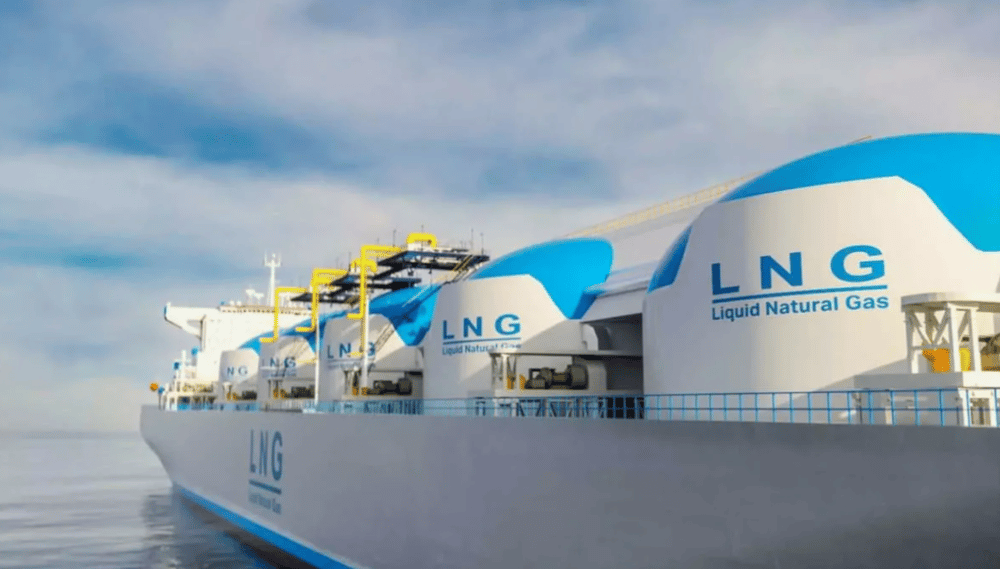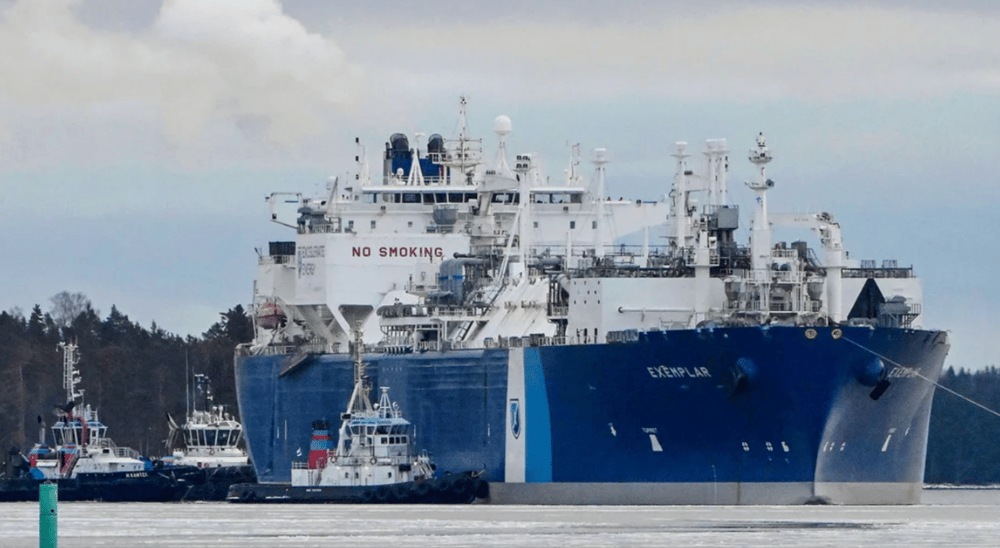Shell Flags LNG Market Reversal as Exporters Like Indonesia, Malaysia, and Algeria Shift Toward Imports
In a notable shift that could reshape global liquefied natural gas (LNG) flows, Shell plc $SHEL anticipates that several long-standing LNG exporters will transition into net importers. This evolving market trend, highlighted by Cedric Cremers, Shell’s President for Integrated Gas, suggests a tightening global supply landscape—one that could ease concerns over a potential glut stemming from upcoming LNG projects.
Speaking to Reuters, Cremers pointed to Indonesia, Malaysia, and Algeria as key examples of former export powerhouses now facing rising domestic gas consumption and declining production rates. The transformation of these markets into import-reliant economies could bolster long-term global demand for LNG, especially amid the acceleration of energy transitions and supply diversification.
The Supply-Demand Flip: What’s Driving the Change?
The changing status of traditional LNG exporters is rooted in a confluence of structural and cyclical factors. As population growth, urbanization, and industrialization intensify in key emerging markets, domestic demand for natural gas is outstripping supply capabilities.

Key Shifts Driving the Export-to-Import Transition:
Production Decline: Maturing gas fields and limited investment in upstream development have constrained output in countries like Algeria and Indonesia.
Domestic Demand Surge: Strong growth in residential, industrial, and power generation usage is redirecting gas away from export terminals.
Policy Shifts Toward Energy Security: Governments are prioritizing energy access and stability over export revenue.
Gas Rebalancing in Southeast Asia: Regional reconfiguration of energy supply chains amid decarbonization efforts and coal phase-out policies.
Delayed New Projects: Several large-scale production initiatives are facing delays, limiting the ability to maintain historic export levels.
Long-Term Ripple Effects for the Global LNG Market
Shell’s projection comes at a critical juncture for the global gas sector. With dozens of LNG megaprojects set to come online by the end of the decade—particularly in Qatar, the U.S., and East Africa—fears of an oversupplied market have been mounting. However, if major Southeast Asian and North African producers become importers, this could significantly absorb surplus volumes.
Demand Rebalancing: Import demand from former exporters may offer a new, stable sink for global supply.
Pricing Stability: Higher baseline demand from Asia and North Africa may underpin floor pricing even in periods of abundant supply.
Contract Realignment: Long-term supply agreements could increasingly target emerging importers with legacy infrastructure.
Geopolitical Repositioning: The traditional map of gas diplomacy could shift, with new alliances forming around shared import dependency.

Reconfiguring Energy Maps in Emerging Economies
The shift also illustrates broader energy transformation trends occurring in developing markets. Many of these countries have historically used export revenues to fund domestic energy systems. Now, rising consumption, policy mandates, and aging infrastructure are driving them to look outward for supply security.
Indonesia: Despite holding vast reserves, production has steadily declined while internal demand—especially from power and industrial sectors—continues to rise.
Malaysia: Facing flat production outlooks, Petronas may prioritize domestic supply obligations over exports in the future.
Algeria: A combination of declining fields and high consumption has narrowed its gas export surplus, threatening its role as a key supplier to Europe.
Energy Trade Patterns Set for Reinvention
As LNG trade flows recalibrate, Shell’s outlook underscores the need for global players to rethink supply strategies. Traditional demand hubs such as Japan, South Korea, and China may soon be joined by former exporters seeking to plug widening domestic gaps. This emerging narrative introduces new complexity—but also new opportunity—in balancing supply resilience, regional demand, and long-term energy transitions.















Comments
Forward-thinking investment strategies are paving the way for unmatched growth in capital.